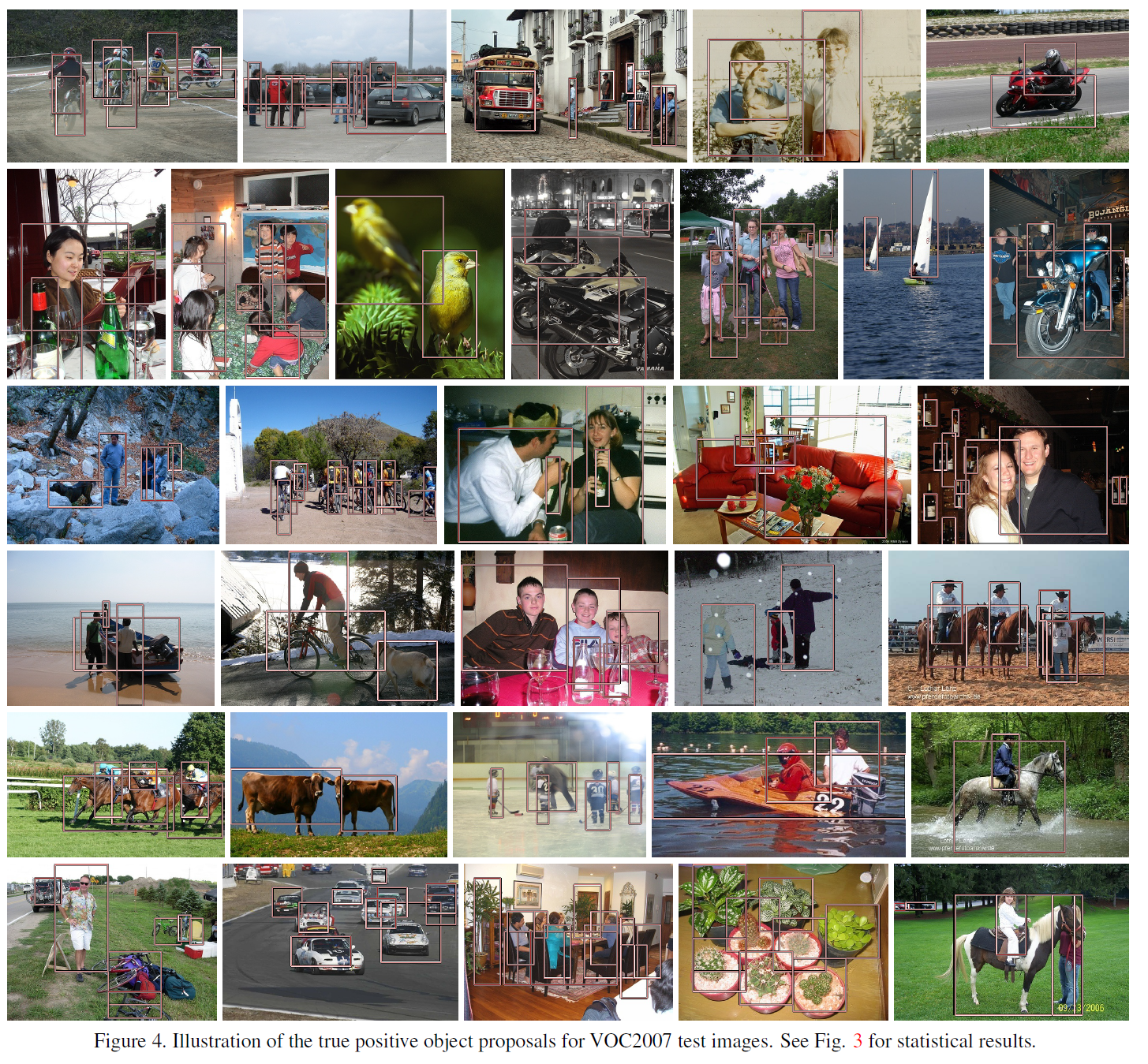Sharing an answer code of mine about PassingCars problem of Codility lesson 5.
Lesson 5: PassingCars
A non-empty zero-indexed array A consisting of N integers is given. The consecutive elements of array A represent consecutive cars on a road.
Array A contains only 0s and/or 1s:
- 0 represents a car traveling east,
- 1 represents a car traveling west.
The goal is to count passing cars. We say that a pair of cars (P, Q), where 0 ≤ P < Q < N, is passing when P is traveling to the east and Q is traveling to the west.
For example, consider array A such that:
A[0] = 0
A[1] = 1
A[2] = 0
A[3] = 1
A[4] = 1
We have five pairs of passing cars: (0, 1), (0, 3), (0, 4), (2, 3), (2, 4).
Write a function:
def solution(A, K)
that, given a non-empty zero-indexed array A of N integers, returns the number of pairs of passing cars.
The function should return −1 if the number of pairs of passing cars exceeds 1,000,000,000.
For example, given:
A[0] = 0
A[1] = 1
A[2] = 0
A[3] = 1
A[4] = 1
the function should return 5, as explained above.
Assume that:
- N is an integer within the range [1..100,000];
- each element of array A is an integer that can have one of the following values: 0, 1.
Complexity:
- expected worst-case time complexity is O(N);
- expected worst-case space complexity is O(1), beyond input storage (not counting the storage required for input arguments).
Elements of input arrays can be modified.
Example answer code in Python 2.7
def solution(A):
# write your code in Python 2.7
zero_count = 0 # the number of zero occurs
passing_count = 0 # the number of car passing
for i in range(len(A)):
if A[i] == 0:
zero_count = zero_count + 1
else: # if A[i] == 1
passing_count = passing_count + zero_count
if passing_count > 1000000000: # exception point
return -1
return passing_count
- Detected time complexity: O(N)



